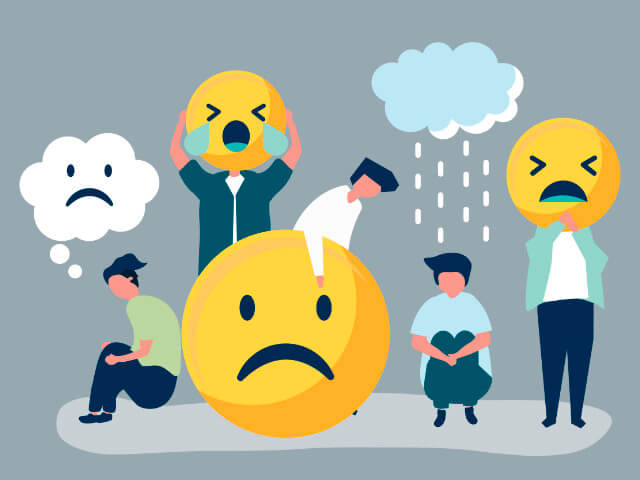How can we prevent climate change?
Stopping, or reducing climate change, known as mitigation, is something that is really important so I’m very glad you’ve asked how to do this.
Reducing climate change will involve lowering the level of greenhouse gases in the atmosphere. This means reducing the emission of heat-trapping greenhouse gases. This is done by reducing the use of fossil fuels and moving to renewable energy sources, like wind, solar and ocean wave energy instead. The effectiveness of these energy sources is improving all the time and around the world (especially in Australia) they are becoming a major source of energy already. Increasing efficiency and finding ways of reducing energy use and waste is also very important. Around the world businesses and governments are making commitments to reduce the use of fossil fuels and to transform manufacturing, food production and transport (e.g. trucks, cars, trains and shipping) to electricity or other fuels (like hydrogen).
Another way to help mitigate climate change is to support processes that actively remove carbon out of the atmosphere. Healthy oceans, forests and soil are great carbon stores. This means restoring and protecting these environments and supporting sustainable practices will help. Growing trees is a great way of helping remove carbon from the atmosphere. This effect is so large that the natural regrowth of Tasmania’s forests means that the state is currently a carbon sink – meaning more carbon is removed from the atmosphere than is emitted. This means as a state Tasmania is doing better than the net zero emissions target governments around the world are talking about.
Rather than just letting the trees do all the heavily lifting though we can help Australia and the world by reducing our individual emissions. On a personal level that means turning lights and appliances off when you’re not using them; putting on a jumper rather than turning the heating up to full; and walking, cycling, or using public transport if we can. Also finding out about what you eat and changing to options that contribute less to climate change can also help. Agriculture is a major producer of greenhouse gases so look for low carbon meals, such as sustainable seafood and local seasonal foods, and try having at least a couple of red meat free days a week.
In addition to reducing energy use we can also consume less (e.g. use clothes for longer rather than chasing the latest fashion look), increase recycling and appropriately dispose of organic waste (e.g. food scraps). Methane is a powerful greenhouse gas, over twenty years it is about 80 times more potent at warming than carbon dioxide. When food and garden waste is buried with general garbage the microbes and chemical processes that break the waste down cannot easily access oxygen and so they produce a lot of methane (known as anaerobic breakdown). However, if you put the organic waste into a compost bin (at home or one provided by the council) the microbes can access oxygen and so they use a process that produces much less methane (known as aerobic breakdown). The nutrient rich compost that results also means more plants can be grown (absorbing carbon) and less energy is needed to make artificial fertiliser. A win-win-win.
The biggest thing you can do to help climate change is to stay informed, to help share useful information and to think about your actions – each little bit really does help. Around the world innovations and action by young people is helping accelerate action to reduce climate change.
For starters, you might like to find out how Tasmania’s tree growth is helping our carbon budget. NASA also has a great page on climate change, which mentions some solutions. The United Nations also has some high-level information on different activities around the world.
You might also like to play with the simple climate model at en-Roads, explore options for reducing climate change











